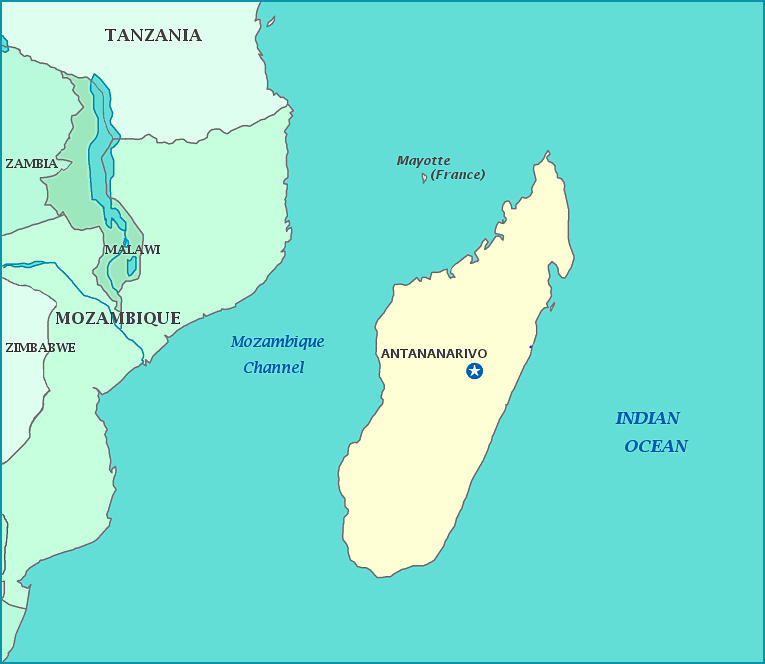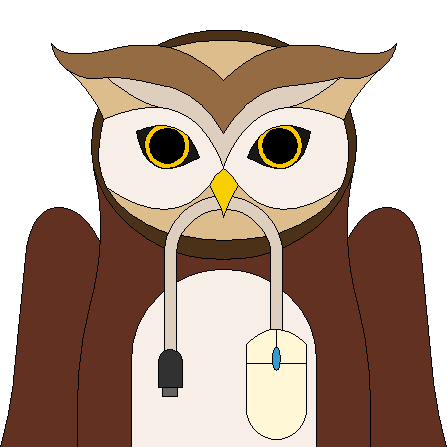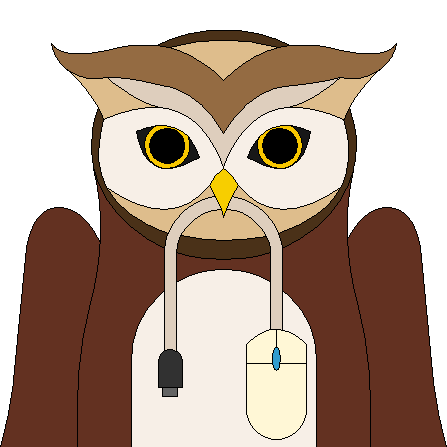
Quill's Quiz - 1100 Question US Mega Geography Quiz
Print this map of Madagascar US States and Capitals Map Quiz
Free Maps, Map Puzzles and Educational Software: Owl and Mouse Educational Software
Print this map of Madagascar US States and Capitals Map Quiz
Free Maps, Map Puzzles and Educational Software: Owl and Mouse Educational Software
Madagascar, short for the Republic of Madagascar, the fourth largest island in the world, lies off the continent of Africa in the Indian Ocean. The island split from what would become the Indian continent portion of Gondwanaland, a land mass before most of the continents split apart from each other, 88 million years ago. Because of this, the island's flora and fauna evolved separately from both India and Africa. Even today, 90% of the plants and animals can only be found on the islands itself, earning itself the nickname 'the 8th continent'. Three-fifths of all orchids, all 100 species of lemurs, and two-thirds of all chameleons live solely on the island. The name derives from the memoirs of Marco Polo, who may or may not have visited—historians still debate where he actually traveled that far. Whether he did or not, wildlife has been threatened since man arrived. Seventeen species of lemurs have gone extinct since settlement, which caused forests to be immediately cleared for rice patty farms and Zebu pastures. Written history began with the arrival of Arabs, yet the first European explorer, Diogo Dias of Portugal was the first to officially make contact with natives, while the French were the first to start trading. The Imerina Kingdom prospered in the 17th century CE, until the Imerina king Adiramsaisnavalona split the country among his four sons, who nearly destroyed the entirety of usable land in war and caused a famine, trying to conquer each other's territory. The kingdom was eventually reunited under King Adrianapoimerina and his son Radama. After using the aid of the British to abolish slavery, the kingdom attempted to push the French and British out. France attacked the island in 1883 in the Franco-Hova war; Madagascar surrendered and recognized the French as rulers. The country gained independence from France in 1960 and has since gone through several republics. Christianity was adopted as the national religion in 1969, along with the banning of polygamy. Although the nation's main exports are cash crops of vanilla, ylang-ylang, and cloves while also supplying half the world's supply of sapphires and having the largest titanium ore reserve on the planet, 90% of the population lives in poverty as of a 2011 report. The maternal death rate declined significantly between 1990 and 2009, but has risen since then due to a political crisis.


